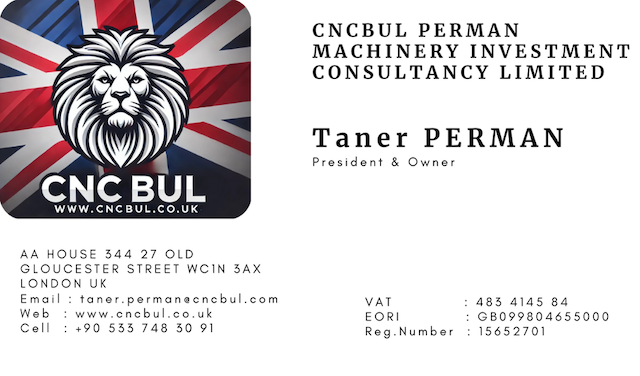What is Electrochemical Machining Center?
Electrochemical Machining (ECM) is a non-traditional machining process that uses electrochemical reactions to remove material from a workpiece. An Electrochemical Machining Center (ECM Center) is a machine tool specifically designed for electrochemical machining operations.
The ECM process involves applying an electric current to an electrolyte solution (typically a saltwater solution) while a workpiece is immersed in the solution. The electric current causes electrochemical reactions to occur on the surface of the workpiece, which selectively dissolves or removes the material from the workpiece. The process is very precise and can produce complex shapes and features with high accuracy.
ECM Centers are equipped with multiple axes of motion, such as X, Y, Z, and rotary, to control the position and orientation of the workpiece and the machining tool. They also have a control system that regulates the flow of the electrolyte solution, the temperature, and the current applied to the workpiece. The tool used in ECM is typically made of a conductive material, such as copper or graphite, and is shaped to match the desired feature of the workpiece.
ECM Centers are commonly used in the aerospace, medical, and automotive industries for machining high-precision components, such as turbine blades, fuel injectors, and surgical instruments, that require tight tolerances and complex geometries.

